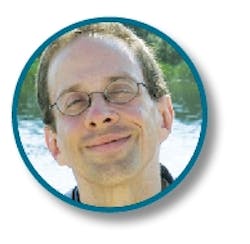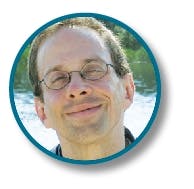The law does not permit parents to exempt their children from vaccination because of the parents’ religious beliefs or political philosophies—for example, a libertarian viewpoint that leads the parents to object to the government making such decisions for them. Because of the law’s failure to include a religious or philosophical exception, it was contentiously debated by legislators, and protestors descended on Sacramento to decry what they consider governmental overreach.
The tenor of the discussion, both among the California legislators and their constituents, can be gleaned from some representative quotes reported by the media. Most opponents of the law tended to frame the narrative in terms of parental rights and religious liberty. “The broadness of this bill likely dooms it from a constitutional standpoint,” Assemblyman Mike Gatto said. He accused his legislative colleagues of “infringing on the rights of children to attend school.” “I’m heartbroken,” said one member of the group California Coalition for Health Choice, which strongly opposed the bill “It’s so coercive. It’s so punitive.” Opponents vowed to fight the law in court.
Supporters tended to stress the value of the herd immunity that more universal vaccination would bring about—an immunity that has been on the wane as vaccination rates have declined in recent years. Assemblywoman Lorene Gonzales said, “While I respect the fundamental right to make that decision as a family, we must balance that with the fact that none of us has the right to endanger others.” Dr. Catherine Sonquist Forest, a medical director of a northern California healthcare clinic, framed the issue in terms of protecting babies who are too young to be vaccinated from harm if they were to contract, for instance, measles and suffer rare but catastrophic complications. “This isn’t a question of personal choice,” Forest said. “This is an obligation to society.”
In the background, certainly, was last December’s outbreak of measles at Disneyland, which eventually affected 150 people. So, too, was the recently reported death of a woman in Washington state from measles. She was suffering from other health problems that compromised her immune system when she apparently contracted the disease in a healthcare facility. Certainly, increasing awareness of the role of vaccination in population health management colored the debate and may have helped the bill’s supporters to carry the day.
Two thoughts: First, while there were votes for and against the legislation on both sides of the California legislative aisle, resistance to vaccination is much more associated with the political right. This is interesting, because the subordination of personal expression to the overall public good has in the past been seen as a fundamentally conservative idea. It used to be liberals who exalted “do your own thing” over “law and order.” I suppose it depends on whose “thing” is being affected by what “law.” And, the political spectrum may in fact be more of a circle; there are points where the two ends meet.
Second, clinical laboratory professionals may not administer vaccinations, but they certainly are involved in related diagnostics and therapeutic monitoring, and, more broadly, are affected by attitudes toward the healthcare delivery system that are prevalent in the society.
What do you think, professionally or personally, about California’s new law?


